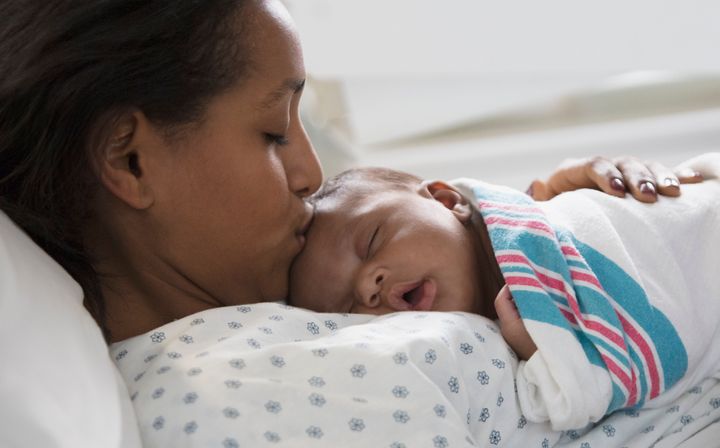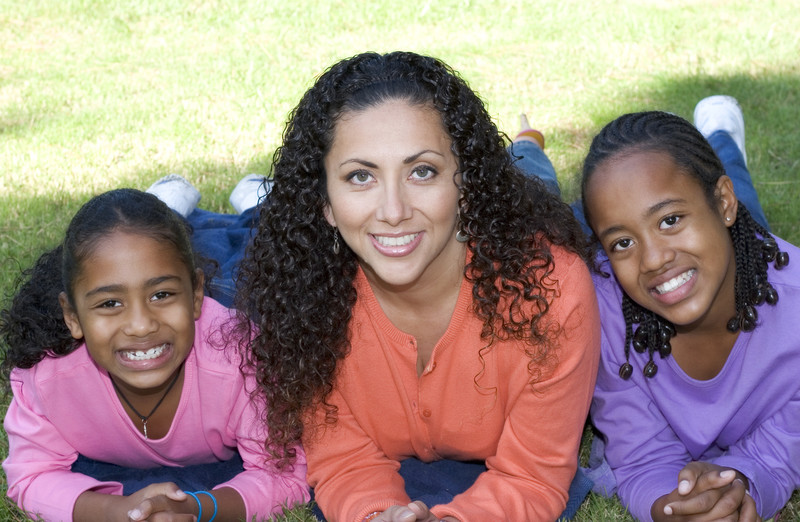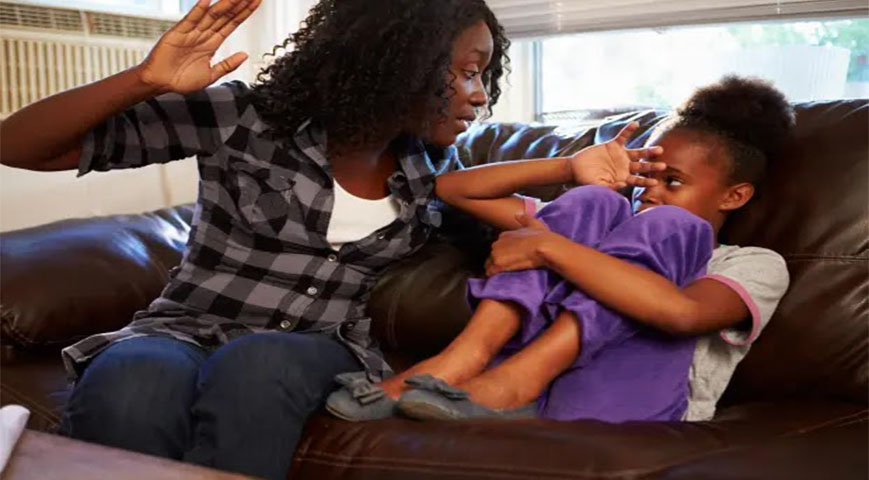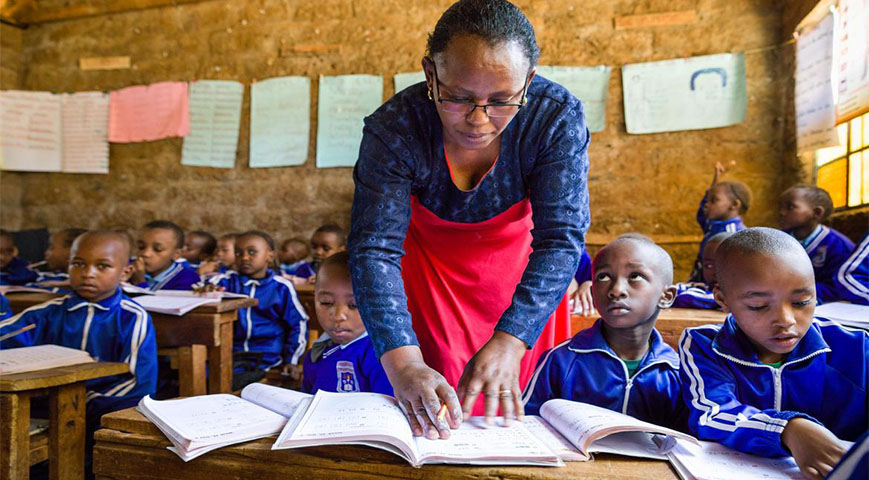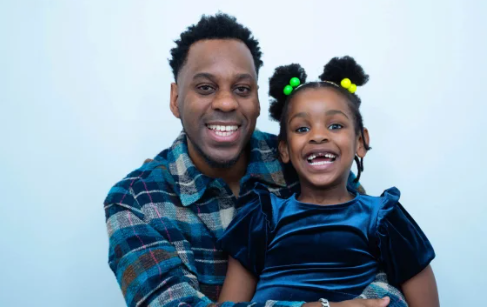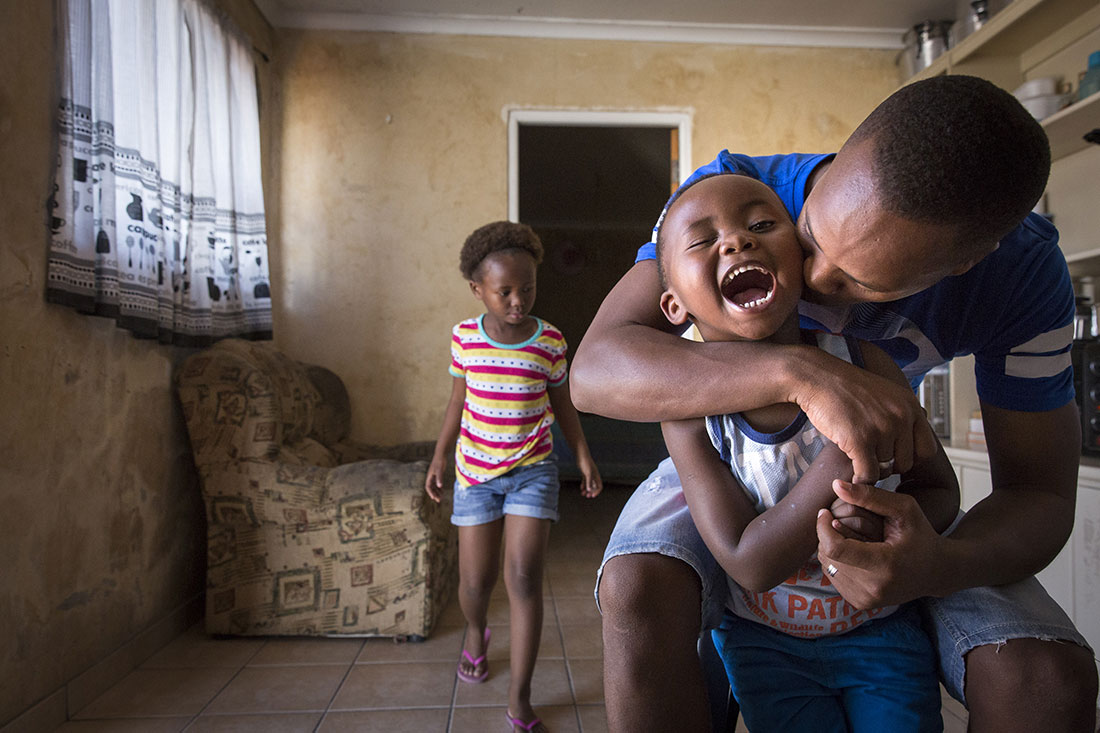Co-sleeping is a prevalent practice in which parents sleep in the same bed as their infant or toddler. Although co-sleeping is an individual choice, there are multiple arguments about why it shouldn't be encouraged and is thought to be harmful.
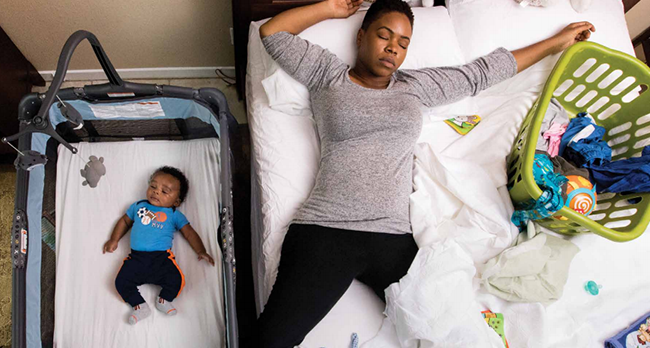
Co-sleeping can be dangerous for infants and small children. Co-sleeping, according to research, increases the chance of suffocation, strangulation, and sudden infant death syndrome. (SIDS). This is especially prevalent if both parents are under the influence of alcohol or other drugs, are overweight, smoke, or have soft bedding or pillows in their bed. Babies may get trapped in bed, or a parent can turn them over on their back, causing suffocation. Furthermore, exhausted carers may
Co-sleeping may disturb an infant's sleep rhythm and make it difficult for them to learn to sleep autonomously. Babies accustomed to sleeping near their parents may become overly reliant on their parents' presence to fall asleep.
This may make it difficult for a kid to learn to fall asleep independently, potentially leading to sleep-related issues later in life. Parents who co-sleep with a child may inadvertently disrupt the kid's sleep with their movements or snoring, resulting in poor sleep quality for both parent and child.
Did you read this?
Co-sleeping can harm a child's social growth and independence. Children accustomed to napping with parents may struggle to slumber on their own or with a brother.
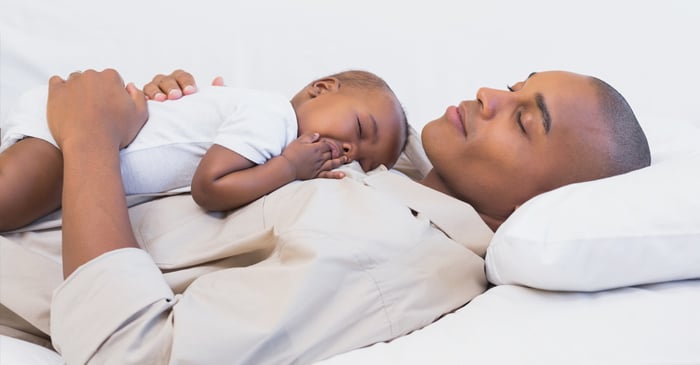
This may render it hard for a child to learn essential social skills like sharing space and honouring the limits of others. Furthermore, co-sleeping can limit a child's independence by making them reluctant to attempt new activities or spend time away from their parents.
It can be challenging for parents to find time and room for intimacy when sharing a bed with a child, which may strain the connection between partners. Furthermore, parents who suffer from insomnia and tension may not be as interested in each other, worsening the issue.

